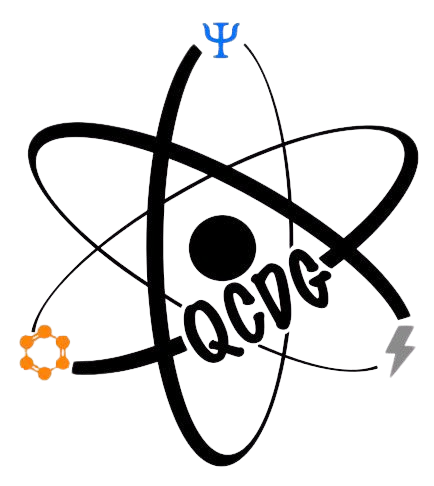Open Positions
Summer Internships 2026
OpenPosted on February 3, 2026
Join Our Research Group! We are offering two internship projects at the cutting edge of Aromaticity and Photochemistry. We are looking for motivated students in chemistry or physics eager to explore computational chemistry.
Investigate ground and excited-state aromaticity using DFT, focusing on systems where aromaticity patterns are reversed in the lowest triplet state (Baird's rule).
View Project DetailsStudy photoinduced radical-mediated organic reactions and electron donor–acceptor (EDA) complexes, analyzing UV–Vis spectra and aromaticity in ground and excited states.
View Project DetailsBachelor/Master Thesis Projects
OpenPosted on March 11, 2025
Join Our Research Group! We are offering two Bachelor/Master thesis projects at the cutting edge of Electron Correlation and Aromaticity. We are looking for motivated students in chemistry or physics eager to explore computational chemistry.
Explore dynamic vs. nondynamic correlation and help develop new accurate methods for excited states.
View DetailsInvestigate ground and excited-state aromaticity using DFT and identify systems that defy classical aromaticity rules.
View DetailsSummer 2022 Internship
ClosedPosted on February 24, 2022
Project Title: Aromaticity and Magnetic Properties in Large Conjugated Rings
We offer a two-month summer internship at the Quantum Chemistry Development group to work on aromaticity. The candidate will learn how to quantify aromaticity using computational chemistry, including concepts like electron delocalization and magnetic aspects of aromaticity.
Download PDFPhD Position 2021
ClosedPosted in 2021
This position has been filled. Please check back later for future opportunities.
